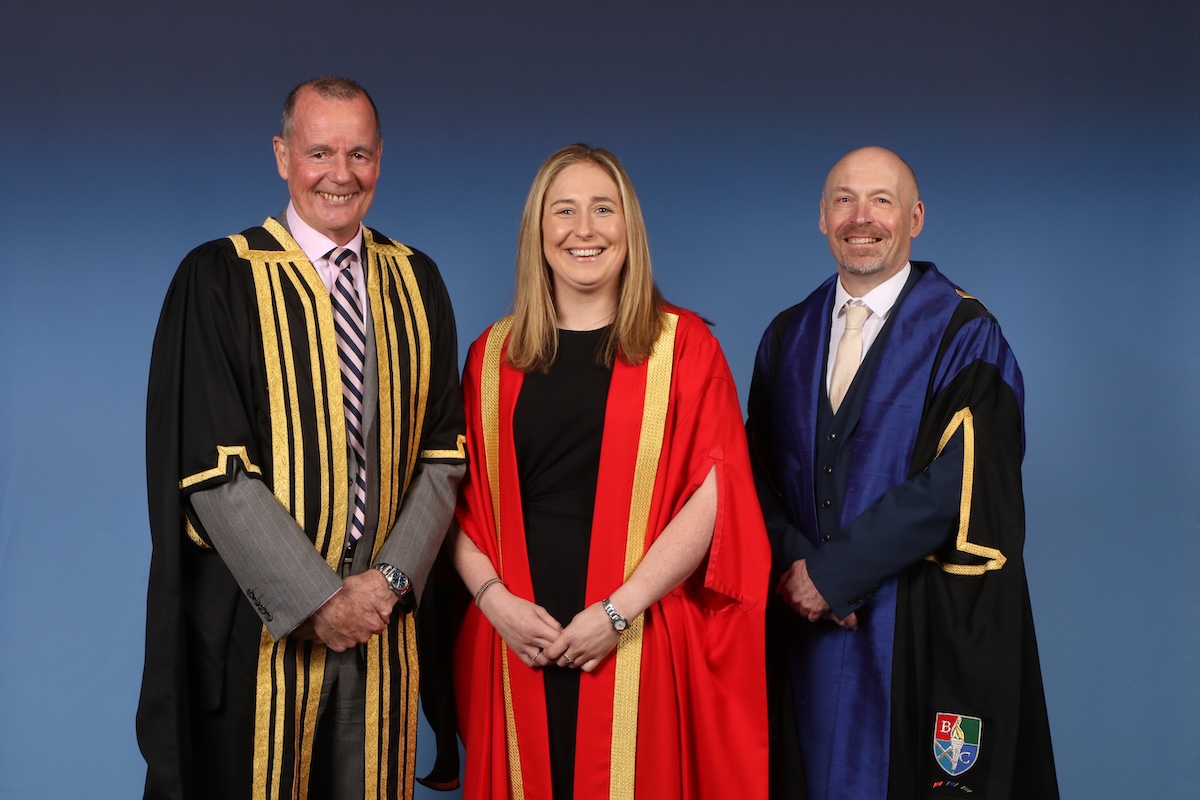Data reveals lowest number of NEET school leavers in five years

- The Welsh Government’s Young Person’s Guarantee, launched in 2021 as a response to pandemic recovery, is funding more opportunities than ever before with the launch of several new programmes.
- School leavers are being encouraged to explore schemes such as Jobs Growth Wales+ and ReAct+, as well as traditional options including apprenticeships and higher education.
- 93.9% of 2021 GCSE leavers went into continued learning in full time education
- 84.3 % of 2021 A Level leavers chose to go to university
Exclusive data* from national careers advice service Careers Wales, has revealed a record low in the number of NEET (not in education, employment or training) school leavers thanks to the success of the Welsh Government’s Young Person’s Guarantee.
The percentage of those finishing exams and becoming NEET has steadily declined over the last few years and now data shows an average of just 1.4% of students across years 11-13 were known to be leaving school with a NEET status in 2021, the lowest figure in five years.
Having not sat formal examinations since 2019, this year’s cohort of GCSE and A Level students are being encouraged to explore a wide range different opportunities as part of the Young Person’s Guarantee, a pledge made by the Welsh Government to support those affected by the pandemic and support them during the period of economic recovery.
The Young Person’s Guarantee, established in 2021, is a commitment to ensure everyone under the age of 25 would have the offer of support to gain a place in education or training, find a job or become self-employed.
School leavers are being encouraged to explore schemes such as apprenticeships, Jobs Growth Wales+ and ReAct+, as well as traditional options including college and university, which continue to remain popular choices.
Across Wales, of those finishing their GCSEs in 2021, the most popular choice was continuing in some form of continued learning in full time education with 93.9% of students taking this route. Meanwhile, A Level students saw 79.0% of their peers continue in some form of education or work-based training (of which, 84.3% went to university and 2% into work-based learning such as an apprenticeship), with a further 13.5% entering the labour market.
The Welsh Government wants all young people across Wales to understand their options and the different routes open to them once they receive their results.
Working Wales, a service run by Careers Wales, is encouraging those receiving their grades over the coming fortnight to speak to their network of careers advisers.
From help with university applications, finding an apprenticeship, entering work or taking part in one of the several new Welsh Government training schemes for those entering the labour market, including Jobs Growth Wales+ and ReAct+, young people can review their options post-exams with a trained, impartial careers expert.
Jeremy Miles, Minister for Education and the Welsh Language, said:
“This reduction in the number of those not in education, employment or training is very good news and shows that the Young Person’s Guarantee is working.
“I am determined to ensure that no learner is left behind. Tackling NEET numbers has, and continues to be, a top priority as it ensures young people don’t end up in a cycle of unemployment and instead are setup for sustainable and quality careers.
“New programmes which have launched in the past year, such as Jobs Growth Wales+ and ReAct+ add to the offering of opportunities afforded to the school leavers of 2022 and I encourage them to explore their journeys into the world of work through these different paths.”
Nerys Bourne, Careers Wales Head of Services for Young People said:
“It’s encouraging to see our annual Pupil Destinations survey reveal this kind of data, and it gives us a unique insight into the minds of young people leaving school.
“Knowing that they’re aware of all the opportunities available to them, particularly through the Young Person’s Guarantee, is crucial to their success in their immediate futures – and that’s where we come in.
“I’d encourage any young person receiving their results over the next fortnight to speak to a Working Wales adviser if they’re not sure what to do next, as there are so many options – from apprenticeships and university to the new employment support programmes the Welsh Government has recently launched.”











Responses